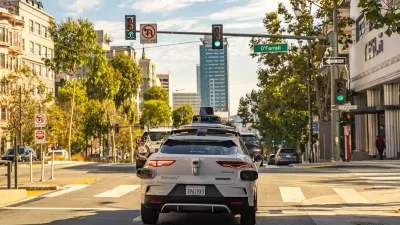The agency says it will explore various options for testing impairment behind the wheel.

The National Highway Traffic Safety Administration (NHTSA) says it would recommend technology that detects whether a driver is drunk, noting that “Almost 13,400 people died in US alcohol-related crashes in 2021 alone.”
According to an article by Aarian Marshall in Wired, “The agency is still exploring how best to precisely detect and measure impairment in drivers and would seek multiple rounds of public input before creating any regulations to force automakers to include the feature.”
Regulators noted the plans are in very early stages and pose several questions: “What’s the best way to determine whether someone is drunk or drowsy or distracted, and should the car treat those impairments differently? What should a car do if it determines its driver is drunk? And—critically—is there a way to guarantee that systems will never lock out people who aren’t drunk?”
James C. Fell, a research scientist with the National Opinion Research Center at the University of Chicago, says “Whatever method—or combination of methods—the government chooses, anti-drunk-driving technology that works should reduce the toll of traffic crashes.”
FULL STORY: US Regulators Want Cars to Include Drunk-Driver Detection Technology

Alabama: Trump Terminates Settlements for Black Communities Harmed By Raw Sewage
Trump deemed the landmark civil rights agreement “illegal DEI and environmental justice policy.”

Planetizen Federal Action Tracker
A weekly monitor of how Trump’s orders and actions are impacting planners and planning in America.

The 120 Year Old Tiny Home Villages That Sheltered San Francisco’s Earthquake Refugees
More than a century ago, San Francisco mobilized to house thousands of residents displaced by the 1906 earthquake. Could their strategy offer a model for the present?

In Both Crashes and Crime, Public Transportation is Far Safer than Driving
Contrary to popular assumptions, public transportation has far lower crash and crime rates than automobile travel. For safer communities, improve and encourage transit travel.

Report: Zoning Reforms Should Complement Nashville’s Ambitious Transit Plan
Without reform, restrictive zoning codes will limit the impact of the city’s planned transit expansion and could exclude some of the residents who depend on transit the most.

Judge Orders Release of Frozen IRA, IIJA Funding
The decision is a victory for environmental groups who charged that freezing funds for critical infrastructure and disaster response programs caused “real and irreparable harm” to communities.
Urban Design for Planners 1: Software Tools
This six-course series explores essential urban design concepts using open source software and equips planners with the tools they need to participate fully in the urban design process.
Planning for Universal Design
Learn the tools for implementing Universal Design in planning regulations.
Clanton & Associates, Inc.
Jessamine County Fiscal Court
Institute for Housing and Urban Development Studies (IHS)
City of Grandview
Harvard GSD Executive Education
Toledo-Lucas County Plan Commissions
Salt Lake City
NYU Wagner Graduate School of Public Service





























